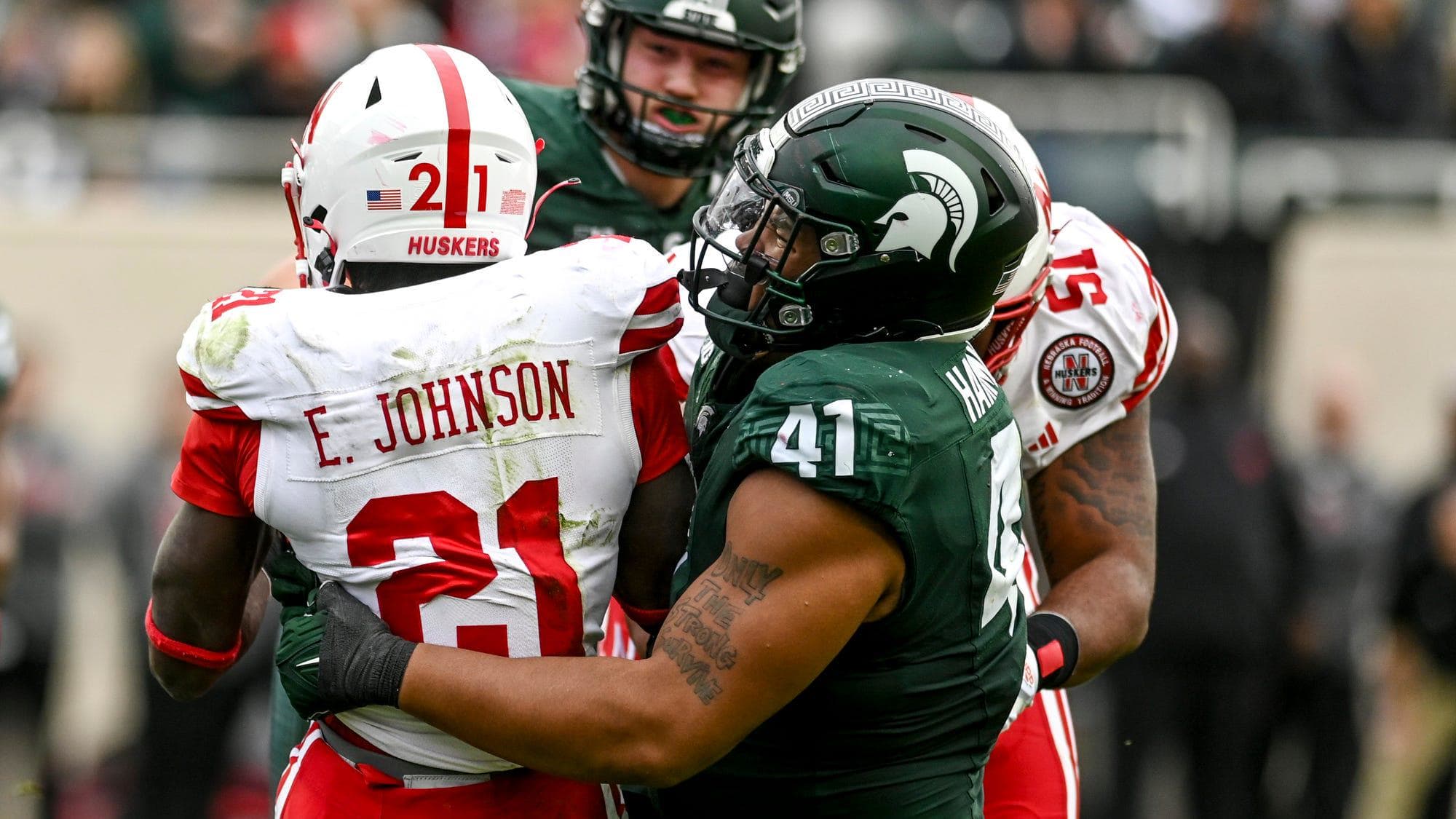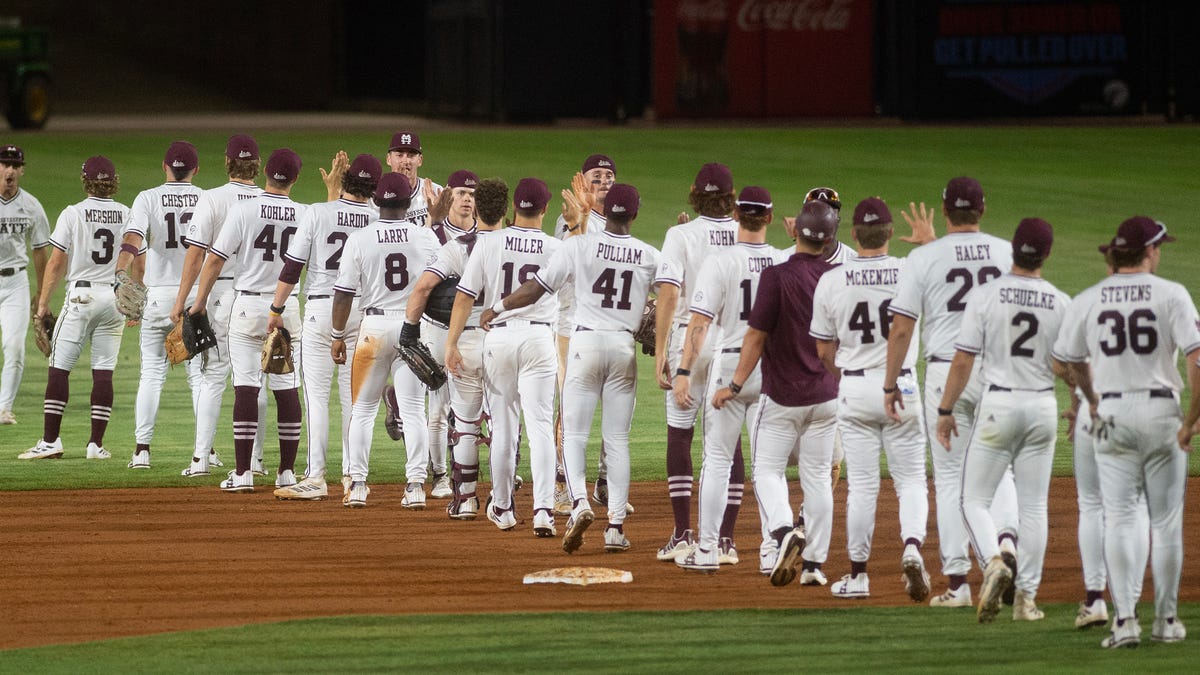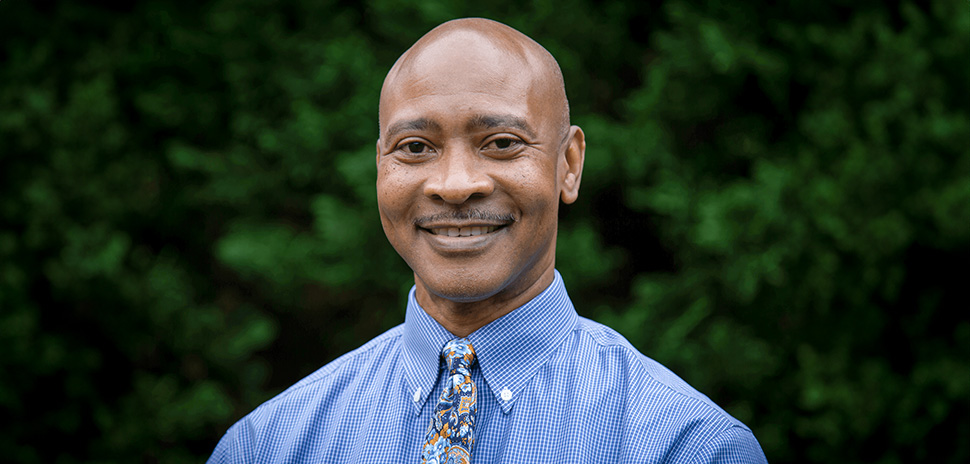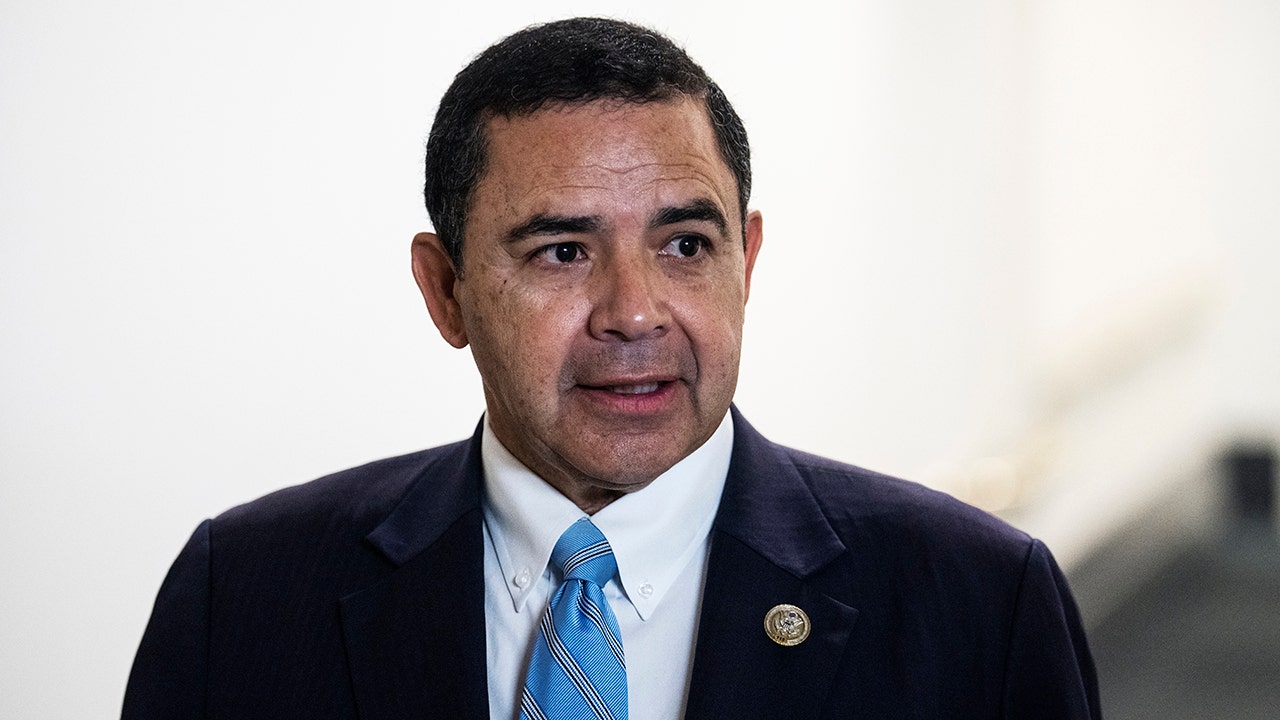NORFOLK, Neb. (Flatwater Free Press) – The sisters were kicked out of Wayne State College a month into the semester because they had no money to pay tuition, room and board.
Their friends put in a desperate call to Julie Robinson, a Norfolk resident they knew they could turn to for help. When Robinson arrived, she found two sisters unable to afford bedsheets, blankets, shampoo or soap. It was February in Nebraska. The teenagers had no hats, gloves or boots.
They each had a backpack of clothing, everything they had carried on the 9,000-mile journey from Malawi to Nebraska to attend college.
These sisters arrived in Nebraska thinking they would receive scholarships, that their room and board would be free. That’s what they say they’d been promised by a Nebraskan who founded their Malawian high school.
But that belief crashed into reality the moment Joe Mtika dropped them off at Wayne State, Robinson said. The college wasn’t expecting them. Wayne State had no idea who they were.
“We don’t know what you guys are talking about,” a Wayne State official told the sisters, one said at a recent meeting.
The sisters are two of about 70 students who have come to the United States – most to Nebraska – after graduating from Norfolk Schools in Malawi, a nonprofit and private school advertising itself as “a potential gateway to American universities.”
Founded by Mtika, a Norfolk resident and Malawi native, the nonprofit has brought in donations from Norfolk churches and nonprofits. The mayors of Norfolk and Blantyre, Malawi, have exchanged keys to their cities. In 2017, Mtika was runner-up for Norfolk Person of the Year.
But underneath its glittering promise of an American education, Norfolk Schools in Malawi feels like a bait and switch, 13 former students, Northeast Community College administrators, parents and host parents told the Flatwater Free Press.
Students come here believing that they’ll be receiving scholarships, financial assistance, housing, they said, only to arrive and find that assistance spotty at best. Host parents describe believing that they will be housing a few students for a few weeks, only to house many more students for years. Northeast Community College administrators say they have changed policies, and largely cut off contact with Mtika, because of inaccurate financial documents they received from Malawian students.
They all say that Mtika is often unreachable when they need him most.
Mtika and his allies acknowledge misunderstandings between the program’s director and the students, but argue that studying in America can and does change the Malawian teenagers’ lives, they say. Malawi is one of the poorest countries in the world, and an American college education is an opportunity almost any Malawian student would kill for, Mtika said in an interview.
In interviews, he also described a nonprofit that’s spiraling out of his control, as the students from eastern Africa land in Nebraska without his prior knowledge, expecting things he says he never promised. At various points, Mtika placed blame on Malawian parents, the U.S. Embassy in Malawi and Northeast Community College for exacerbating these struggles.
It’s unclear how much money the nonprofit has, where it spends it or who is providing oversight. The nonprofit files minimal information with the IRS, as is legal for very small nonprofits.
The four members of the nonprofit’s board didn’t respond to interview requests. Three board members have recently resigned; the board’s vice chair quit last week.
At a tense February meeting between board members and students – a recording of which was shared with the Flatwater Free Press – board members seemed confused and surprised at the stories students were sharing with them.
Students and host parents asked the board and Mtika the same question: When people donate to the nonprofit, where does that money go?
“You are changing lives,” one student can be heard telling Mtika. “But also, when we get here, we’re just like, I think I should have just stayed home … As much as you’re grateful to be here, sometimes it’s just so overwhelming.”
***
Frustration, building for years, boiled over by February, prompting several former host parents to call a meeting at a local church.
There, roughly 45 Malawi students, Northeast Community College staff members and former host parents unloaded grievances onto the nonprofit’s three Norfolk-based board members and Mtika, the nonprofit’s founder and CEO.
Students and host parents described how difficult it is to contact Mtika, who they said is known for ignoring calls when students need help.
Students told the board that their parents didn’t believe them when they called home and told them they had no scholarships and nowhere to live.
They wondered what happened to donations the nonprofit received.
Students repeated the same scenario: In Malawi, they were promised financial support once they reached Nebraska. Many of these promises were made by Mtika himself, they said.
“I thought I was going to have a 100% scholarship,” one told the board.
“Where did that impression come from?” asked Scott Dodson, board vice president. Dodson resigned last week.
“Dr. Joe,” she replied.
“I didn’t tell you 100% scholarship,” Mtika said. “You can come to the United States, and find ways of raising money, working on campus.”
For 90 minutes, students and adults who helped them described their financial struggles after landing in Nebraska.
Many students find themselves crammed into apartments. Six students living in an apartment meant for three, said Pauline Mphwiyo, a Malawian student who graduated from Wayne State in 2023 – and more new students texting, asking for a place to live.
Former host parent Nancy Praeuner cosigned an apartment for Malawi students. This winter, she learned at least four girls, newly arrived, were living in the one-bedroom unit.
They were evicted when they couldn’t make rent, which Praeuner paid.
When older students know there’s a new group arriving from Malawi, they pick up work shifts to stockpile food and cash, said Gina Krysl, director of student care and outreach at Northeast Community College, during the meeting. They give up their beds and sleep on couches when new students have nowhere else to go.
Some are as young as 16.
“There’s not one student that hasn’t told me this exact same story,” Krysl said. “And I’ve met a lot of students from Malawi.”
College staff have seen students copy textbooks to share. They give them college emergency funds when possible, point students to the campus food pantry and connect them with local churches.
College employees have paid for books and health insurance and donated winter coats and boots, Krysl said during the meeting.
Praeuner and a friend pooled money to pay for a student’s tuition, after Mtika said the student would likely be sent back to Malawi if they didn’t pay. Members of her church later gathered money to reimburse her.
She and her husband have bought students used computers, used cars and socks and underwear when they arrived from Malawi.
Robinson, who helped the two girls move out of the Wayne State dorms, has given students rides to school and Walmart. She estimates that she’s paid eight to 10 semesters’ worth of tuition for different students since 2018; and a year’s worth of rent.
Robinson has had students approach her asking for help paying for tuition. She’s offered to fly them home instead. Many of them haven’t seen their families in years, Robinson said.
“I said, it would probably cost me less to buy you plane tickets home, do you want to go home?” she said. “They don’t want to go home. (Mtika) told their parents that they were going to come here and get this education and have this opportunity that no one else got. And if they go home right now, they fail.”
The February meeting ended with no resolution. But Mtika said in an interview that he plans to start having parents sign documents clearly laying out financial expectations, to avoid any future misunderstandings.
“I’m not saying that they’re lying,” Mtika later said in an interview. “I’m just saying, there is a disconnect somewhere.”
***
In 2018, Norfolk Mayor Josh Moenning and two dozen Norfolk residents traveled the 9,000 miles to Blantyre, Malawi, to solidify the burgeoning relationship – and the Malawi-to-Nebraska college pipeline – between the two cities.
There, they attended the graduation of a dozen Norfolk Schools in Malawi students – teens thrilled at the prospect of an American college education.
Michael Chipps, then president of Northeast Community College, awarded each student a $500 scholarship should they choose to attend that community college.
These dozen students were the only students to receive an official scholarship through the nonprofit, Mtika said.
But students told the Flatwater Free Press that Mtika has continually dangled the idea of scholarships, sponsorships and host families paying their way – crucial, since many of their Malawian families have little money or familiarity with U.S. higher education.
One student, who feared being named in this article, said everything seemed formalized, like Mtika had everything mapped out.
They’d live with a host family for the nine months of the school year. After that, they’d be expected to live on their own, she said.
“Maybe they’ll take a liking to you, and they’ll decide that they want to sponsor you” and pay your tuition the next year, she remembers Mtika telling them.
“It sounds crazy, doesn’t it?” she said six years later. “None of us knew who Joe really was as a person. We were all just like, ‘Oh, this man from America wants to give us the opportunity to study in America!’”
Many residents and Norfolk institutions have shared that enthusiasm. Norfolk Public Schools shared curriculum, older computers, textbooks and school blueprints with the school in Malawi.
The Norfolk-based nonprofit Orphan Grain Train started sending much-needed shipping containers of food and supplies to Malawi. Cornhusker Auto, a Norfolk car dealership, donated used vans.
“God has given me this vision to give back to the country where I came from,” Mtika said.
But, out of the public eye, problems quickly began to mount as far back as 2018 for the Malawian students and Norfolk-area residents who had agreed to host them.
Two volunteer host families agreed to sponsor two or three students each. Instead, 11 students showed up in Nebraska. Five boys piled into one host family home, five girls in another, and a lone girl with a third host family.
In 2019, Mtika asked Praeuner if she could host two students for a few weeks.
Five students, all without housing, soon showed up at her home.
“Within a month, I realized they weren’t going anywhere,” Praeuner said. “We just had no more contact with Joe. If we kept calling him, it was, ‘we can’t find anywhere else for them to stay.’”
When the pandemic hit in 2020, a Malawian student living in the dorms was on the verge of being homeless. Praeuner took her in, too.
Praeuner ended up housing three students for three years.
“I’m not a type that’s going to put somebody on the street,” Praeuner said. “I love them to pieces. I have nothing bad to say about the Malawi kids … a year later, I felt bad and took another kid in.”
It’s this network of Norfolkians – not the nonprofit – who keep helping students and enabling the cycle to continue, Robinson said.
“I’m not going to stop helping them, because they’re here,” Robinson said. “But we help them, and so (Mtika) thinks, ‘well somebody’s going to step up and do it.’ So he just keeps, in my opinion, dumping them.”
***
In an interview, Mtika said that sometimes what he says about the reality of a college education in Nebraska, and what Malawian parents and students think they hear, are two different things.
“The moment you mention ‘scholarship’ in Malawi, they believe it’s a full scholarship,” he said. “They don’t have to do anything, they don’t have to pay for it. The only thing they have to do is present themselves.”
Only the first few groups of students were promised housing, Mtika said. Only one group received a small scholarship. But the misconception that students would get a full ride persists, he said, perpetuated by Malawian news reports.
“In their reporting, they put that the students are going to the United States ‘on scholarship,’” Mtika said. “We try to tell them, this is not a scholarship. These students are coming to America and they are expected to work and study.”
The message to students, he said: “We tell them that you are on your own.”
Four Malawian parents – all put in contact with the Flatwater Free Press by Mtika – reiterated this, saying they were aware they’d be paying tuition. They defended the program for giving their children access to college.
“To say parents or guardians did not know that they have to pay for the first year is a big lie,” said Ezekiel Kashisa, whose son is at Central Community College in Columbus.
Mtika said he does tell students that they could qualify for college scholarships, and should apply with the individual schools.
In a 2019 email to Malawi graduates and parents, Mtika promoted a scholarship opportunity from Wayne State College this way:
“We are negotiating a better scholarship deal with Wayne State College than with Northeast Community College,” he wrote. “We would like your student to have a better scholarship so that you as parents pay the least amount of money from your pocket. We want for you to not have to pay anything from your pocket if we can avoid it.”
A representative from Wayne State said the school doesn’t negotiate scholarships.
“We offer what we offer,” said Kevin Halle, vice president of enrollment management.
The school in Malawi is funded mainly through tuition and small grants, Mtika said.
In 2021, the school paid for its computer lab with a $25,000 grant from the Wyoming-based Socrates Foundation.
In 2022, the Norfolk Area United Way awarded Norfolk Schools in Malawi $10,000 to go to Malawian students working and studying in northeast Nebraska. That money went toward things like furniture, cars, tuition and books for students in Norfolk, Dodson said during the board’s February meeting with students.
Last fall, United Way once again awarded the nonprofit a $10,000 grant. But they have yet to disburse the money, United Way board member Troy Uhlir said. It won’t be disbursed until the Norfolk Schools in Malawi board gives United Way more information.
“They do seem to be a little disorganized,” Uhlir said. “We have had some students come to us, and we just wanted some clarification … That money has to go to students that are working and going to school in Northeast Nebraska.”
Last year, Norfolk Schools in Malawi was awarded a $60,000 grant from an Alabama foundation. The money isn’t meant for the students in Nebraska, Mtika said. It will instead be used for a new vertical farming project in Malawi.
***
As recently as this semester, Malawian students continue to arrive at the Norfolk-based Northeast Community College believing, mistakenly, that their tuition and housing are already paid, said Pam Saalfeld, the school’s director of international programs. The school currently has 36 Malawian students enrolled, she said.
“None of that information they were given, the misleading information, came from the college or our office,” Saalfeld said. “If they’re being misled from Norfolk Schools in Malawi, we can’t catch that until it’s actually happened.”
To attend college in the United States, international students are required to prove to the U.S. Embassy and the college that they, their families or an outside sponsor are financially able to pay for a year of college and living expenses.
“It’s not on Norfolk Schools in Malawi,” Mtika said. “It’s the college’s responsibility to have vetted those students financially.”
In 2019, Northeast Community College tightened its financial requirements for all international students. Students must now show bank statements and a certified letter from the bank verifying accounts. Businesses can no longer be listed as sponsors, and students must provide proof of housing.
“That’s a direct result of misleading documents that occurred from Norfolk Schools in Malawi several years ago,” Saalfeld said.
Mtika said he “(doesn’t) deal with that part.”
Mtika himself agrees the Malawi-to-Nebraska pathway he built in 2017 is spiraling out of control, he said during an interview. Students who never graduated from Norfolk Schools in Malawi are ending up at the community college.
He blamed U.S. officials in Malawi, who he believes are rubber-stamping student visas.
He also blamed Northeast leaders for not verifying students with his school directly.
Communication was “more streamlined” under Chipps, the college’s former president, Mtika said.
“I don’t know what he means by streamlined, except that he got away with more stuff,” said Saalfeld. “I don’t have any communication with Joe Mtika. We don’t work with him if we can possibly help it. The relationship is no longer.”
It’s crucial to keep in mind that being able to attend an American college can change the life of a Malawian teenager, Mtika said. Malawi has a population of 20.4 million people, competing for spots in the country’s roughly 30 colleges.
“Most of the students that aren’t able to come here, they would kill to have the opportunity these students have,” Mtika said.
The students and many Norfolk host parents agree that there’s ample value in an American college education.
But parents – even Malawian parents that Mtika encouraged to speak to the Flatwater Free Press and defend his nonprofit – say that their children have ended up stranded in the United States.
Florah Gwalla, one such Malawian mother, said Mtika told her younger son that he would live with a host family, and that family would help pay for his tuition.
He landed in Nebraska in January 2020 to find out there was no host family, she said.
Gwalla tried paying for his college from Malawi, a financial burden she said emptied her bank account. Her son tried to save money by transferring from Wayne State to Northeast Community College after a semester.
It didn’t work. Unable to pay, he quit school and moved out-of-state with a family friend.
The whole time, the Malawian mother said, Mtika was absent.
“This man is not picking up our calls. I was upset,” Gwalla said. “I couldn’t even manage to send (my son) back. To go there and get stranded, it’s not good at all.”
The Flatwater Free Press is Nebraska’s first independent, nonprofit newsroom focused on investigations and feature stories that matter.
Click here to subscribe to our 10/11 NOW daily digest and breaking news alerts delivered straight to your email inbox.
Copyright 2024 KOLN. All rights reserved.









































